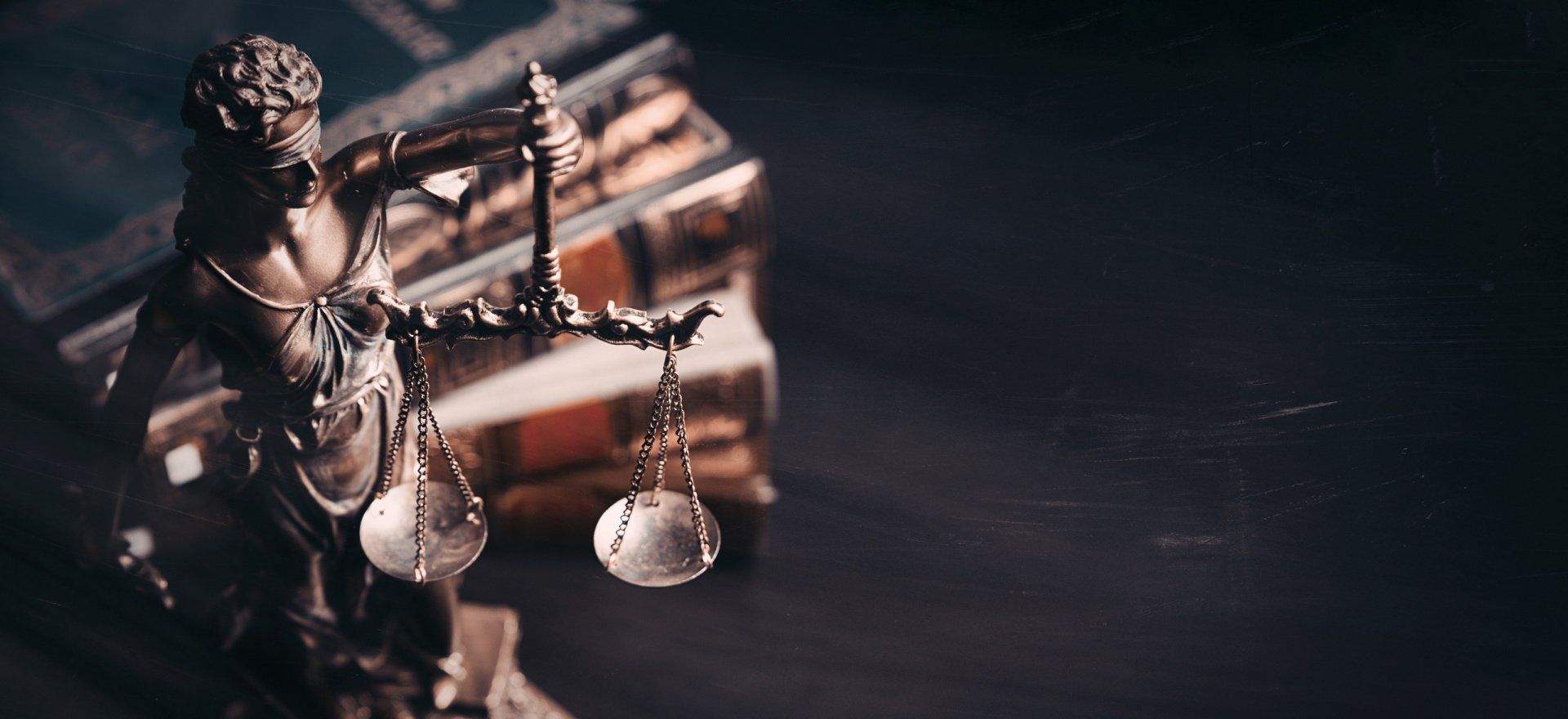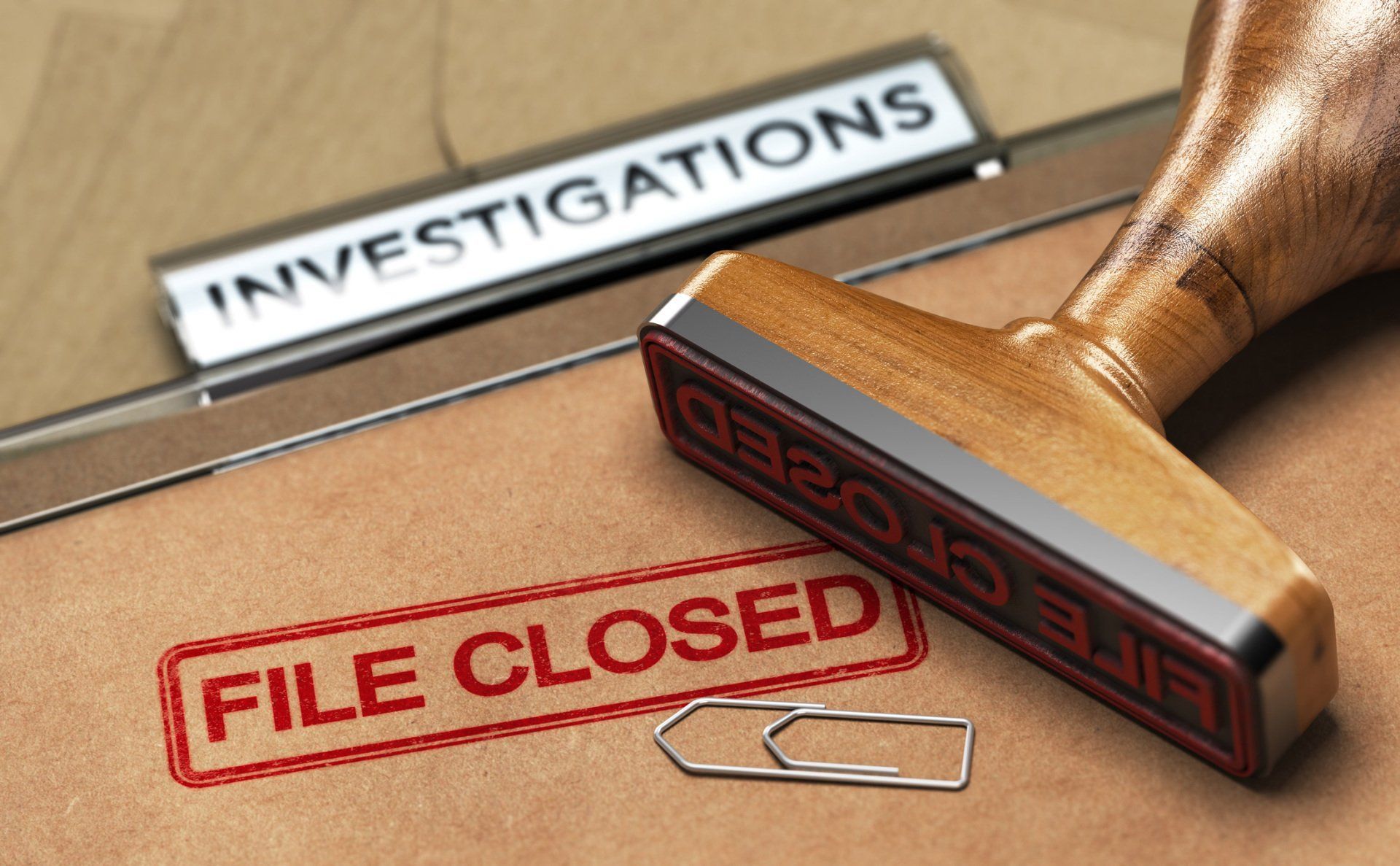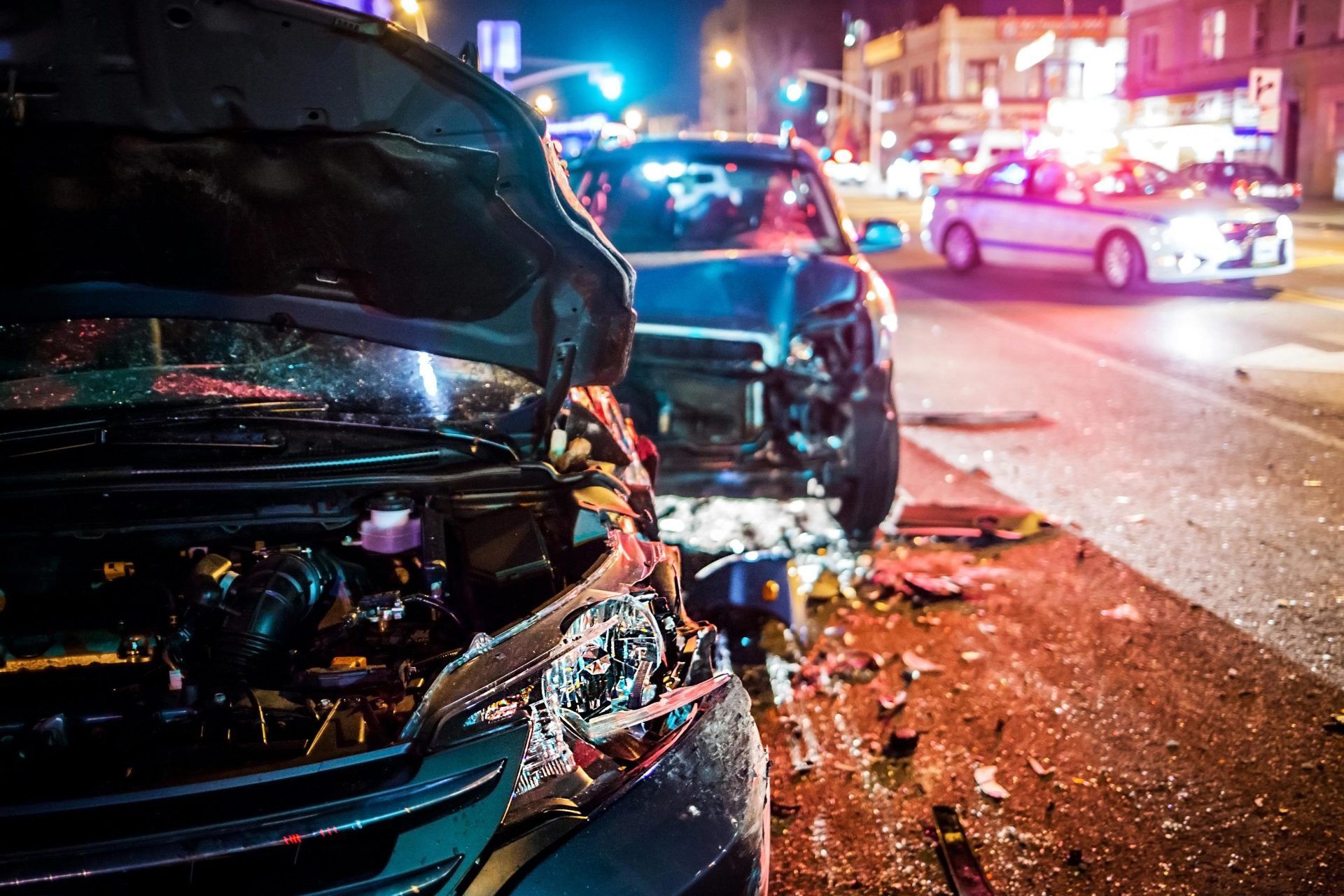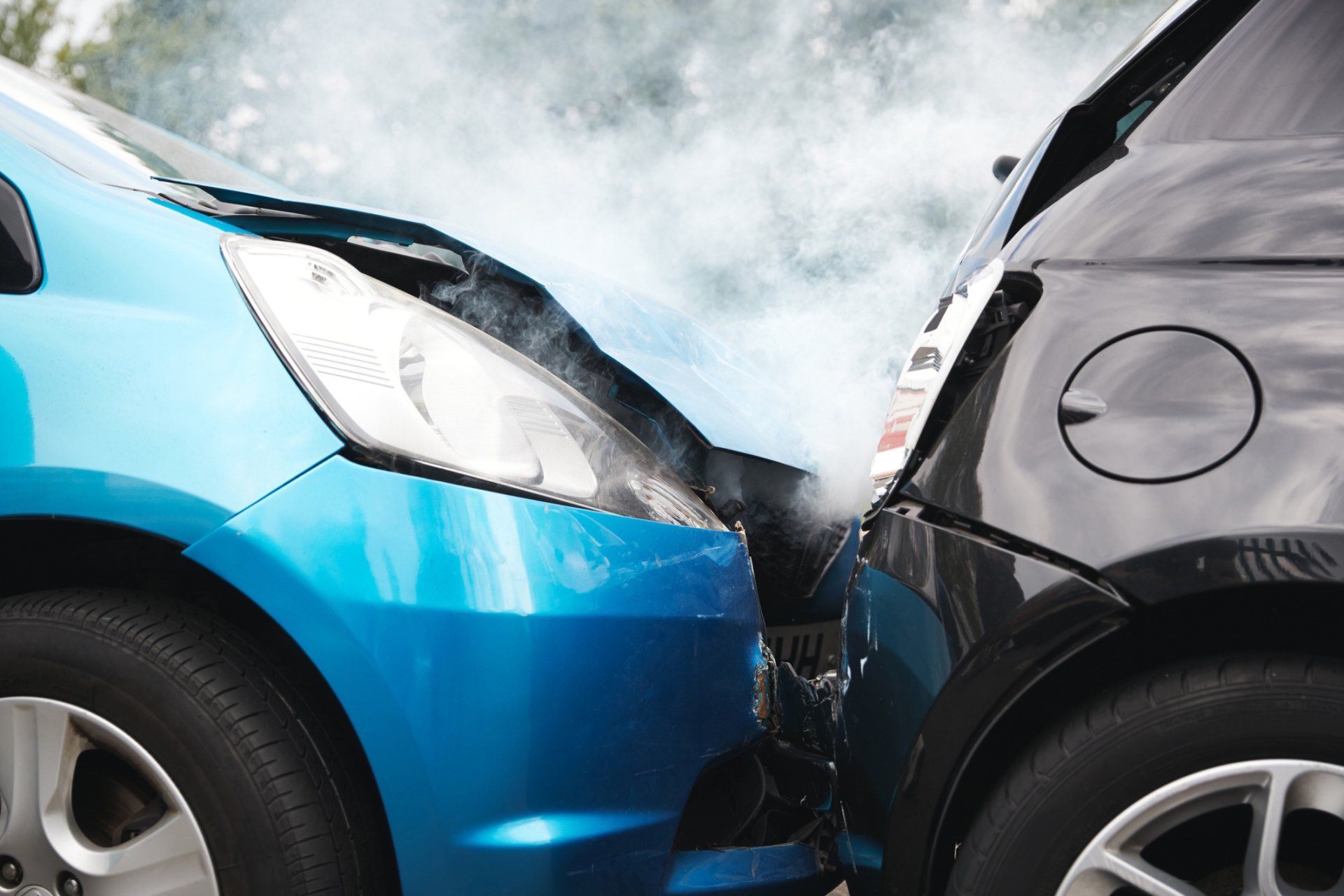Call Us Today! 920-494-1106
Estate Planning For Blended Families - Tips For Protecting Your Loved Ones

Estate planning is an essential part of creating a secure future for your family. However, the situation can get complicated if you're a member of a blended family. With stepchildren, ex-spouses, and half-siblings involved, knowing how to proceed is difficult. Blended families may have unique challenges, but careful estate planning can help you ensure that your loved ones are protected and provided for in the future. In this article, we're going to share some tips for estate planning for blended families.
Plan in Advance
The first step in estate planning is to create a comprehensive plan. It's essential to consider all your assets, including property, income, investments, health care, business, and life insurance. Think about who you want to inherit these assets and when you want them to receive them. However, planning in advance becomes even more critical for blended families. The most common issue blended families encounter is the possibility of one parent passing before the other. To ensure that both sides of the family are taken into account, it's essential to have a process in place that allows for assets to be appropriately allocated.
Update Your Will
Once you have a plan in place, it's time to update your will. In a blended family situation, it can be challenging to determine who gets what. Children from previous marriages, stepchildren, ex-spouses, and half-siblings are all factors that can make estate distribution complicated. Updating your will ensures that you're in control of who gets what and can help avoid legal battles and family disagreements after you're gone.
Create a Trust
A trust is another valuable tool for estate planning in blended families. A trust is a legal document that specifies how your assets will be managed and distributed to your beneficiaries. A trust arrangement can be helpful if you're concerned about providing for your spouse during their lifetime while ensuring that your children receive their inheritance after your spouse dies.
Name a Guardian
If you have minor children, it's essential to name a guardian. This is especially true in blended families where there may be more than one parent with children from previous marriages. Naming a guardian is a crucial step in safeguarding the well-being of your children, providing you with the peace of mind that they will be lovingly cared for by someone you deeply trust in the unfortunate event that something happens to you or your spouse. By carefully selecting a guardian, you can ensure that your children's emotional, physical, and educational needs will be met, allowing them to thrive and flourish under the guidance of a chosen individual who shares your values and beliefs.
Communication Is Key
Finally, it's essential to have open and honest communication with your family. When it comes to estate planning, having uncomfortable conversations and addressing sensitive topics can be difficult. However, it's essential to ensure that the family is aware of what's happening, why it's happening, and what to expect in the future. Encouraging open and honest discussions among your loved ones can play a crucial role in preventing misunderstandings, confusion, and potential conflicts that may arise after your passing. By creating a safe space for everyone to express their thoughts, concerns, and wishes, you can ensure that your legacy is honored and that your loved ones have a clear understanding of your intentions, ultimately fostering a sense of unity and harmony during a challenging time.
Estate planning for blended families can be a complicated process, but careful planning and communication can help you ensure that your loved ones are protected and provided for in the future. By working through these tips and strategies, you can develop a comprehensive plan that addresses the unique issues you face as a blended family. Don't let the complexities of estate planning for blended families overwhelm you. With these tips and strategies, you can create a solid plan that protects your loved ones and provides peace of mind for years to come. Contact the experts at Brabazon Law Office, LLC, to learn more.





Slide title
Shane's commitment to his clients is extraordinary. When your life is on the line you can put your faith in Brabazon Law.
- Jeff O.
Button
Slide title
I hired Shane to help with an expungement case and it was the best choice I’ve made. I recommend Shane to everyone and anyone looking for representation. He’s straightforward, has great communication, and knows what he’s doing. He was able to help expunge my current case within a month of hiring him, he made the process extremely simple on my end and I’m thankful I made the right choice in hiring him!
- Jo E.
Button
Slide title
I worked with Shane for 4 long grueling years. Shane is a very intelligent and outstanding lawyer. My family and I can finally rest easy with not being charged. He was very knowledgeable in my types of charges. Always contacted me if something changed and explained everything down to the final detail. Highly recommend him as a lawyer. Thank you, Shane.
- Jacob M.
Button
Slide title
I would highly recommend Brabazon Law Office LLC. Shane has been very fast and effective, he has had my issues resolved without me having to step foot in court twice now. Would definitely recommend him for anyone seeking legal help!
- Alex D.
Button
CONTACT DETAILS
Phone: 920-494-1106
Toll-free: 800-596-0691
Email: brabazonlaw@msn.com
Address: 221 Packerland Drive Green Bay, WI 54303
OUR LOCATION




